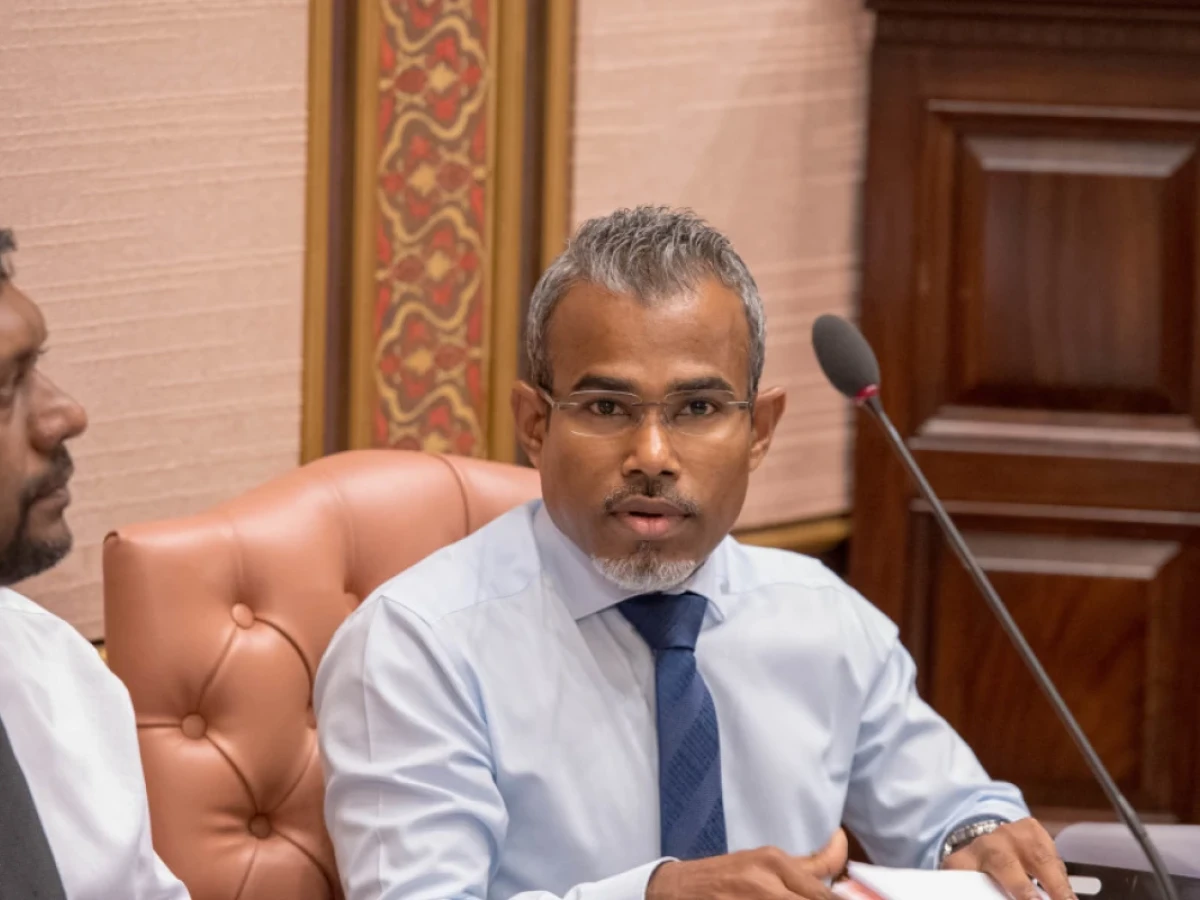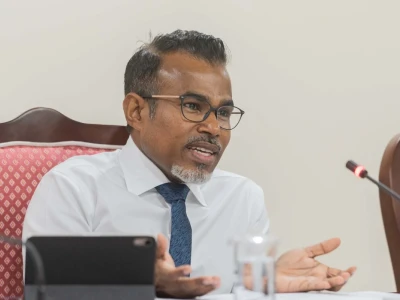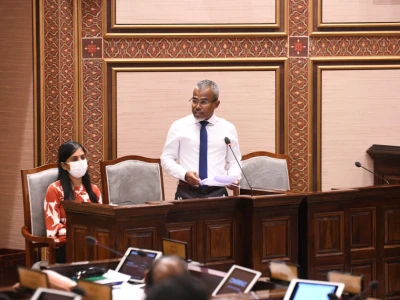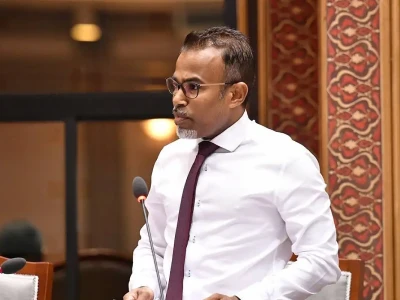
Riffath in u-turn seeks to attend parliament for no-confidence motion response
In his letter to parliament, Riffath cited the reasons for sending a written reply instead of attending to respond verbally.
Top Stories
By
Mariyam Umna Ismail
Attorney General Ibrahim Riffath on Thursday wrote a letter to the parliament requesting that he be allowed to appear before the parliament and respond to the no-confidence motion submitted against him.
When the motion for the removal of Riffath was placed on the agenda for Wednesday’s sitting, the AG decided not to attend the parliament and responded in writing instead. As the general committee of the parliament did not take a decision on how the AG would be treated without being present in the parliament, speaker Mohamed Nasheed decided to put the matter on hold after discussions between political leaders, saying it had created an administrative problem.
-
Apart from MDP, none of the other parties agreed to pursue the case in such a manner
-
This is because the constitution gives the attorney general and ministers the right to answer verbally and with documentary evidence; they do not believe that it is arbitrary
-
Article 101(b) of the constitution states that in the event of a no-confidence motion against a member of the cabinet, they are allowed to appear before parliament, respond verbally and file a written defence
-
With parties unable to take a decision, Nasheed wanted to seek Supreme Court's opinion in the case
-
AG's written reply was not heard in the session
In his letter to parliament, Riffath cited the reasons for sending a written reply instead of attending to respond verbally. The written reply was sent in the light of the no-confidence motion against him, according to him:
-
because it involves several legal citations
-
as some people are misrepresenting facts about the manner in which he has acted in the discharge of his duty to represent the state
Pointing out that the reply was not heard in Wednesday’s session, Riffath said he has decided to exercise the right to respond verbally and in person under the constitution.
"... I request you to respect my right under Article 101(b) of the constitution to act in defence of myself verbally and by attending parliament on the day of the debate on the matter and allow me to defend myself verbally during the debate," the letter said.




